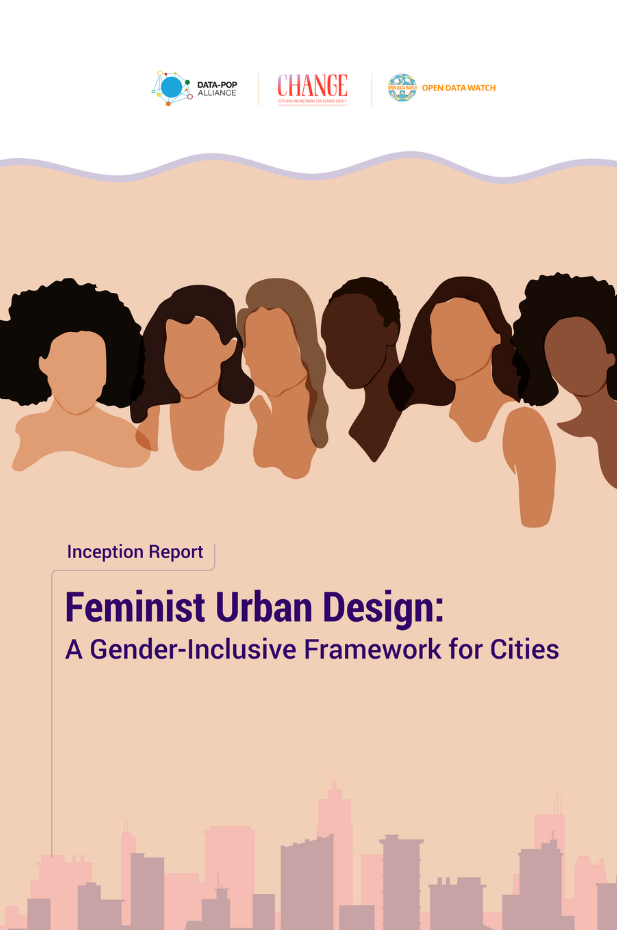The rapid growth of artificial intelligence (AI) offers significant potential to improve lives and drive economic progress globally. However, without intervention, AI risks perpetuating and amplifying societal biases, especially against historically marginalized groups. Challenges like discrimination, unfairness, and harmful stereotypes persist throughout the AI lifecycle, emphasizing the urgent need for regulatory frameworks that promote equality and diversity in AI ecosystems.
The report, Towards Substantive Equality in Artificial Intelligence: Transformative AI Policy for Gender Equality and Diversity, seeks to equip states and stakeholders with tools to foster inclusive, equitable, and just AI systems. It highlights promising practices, policy insights, and actionable recommendations aimed at enhancing gender equality and diversity in AI design, governance, and application.
The recommendations in the report are informed by consultations with diverse groups and regions and are grounded in a human rights–based framework. This approach tackles the structural roots of inequality, promoting transformative changes that achieve substantive equality in AI. Such policies enhance the effectiveness, fairness, and usability of AI systems, contributing to sustainable social and economic development and a more equitable future.

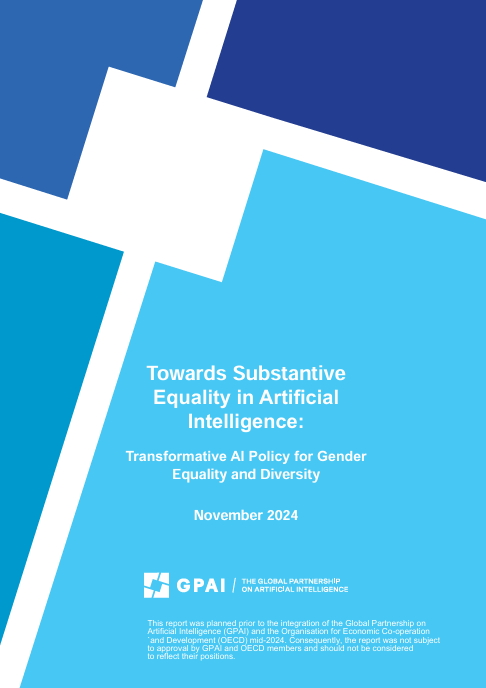
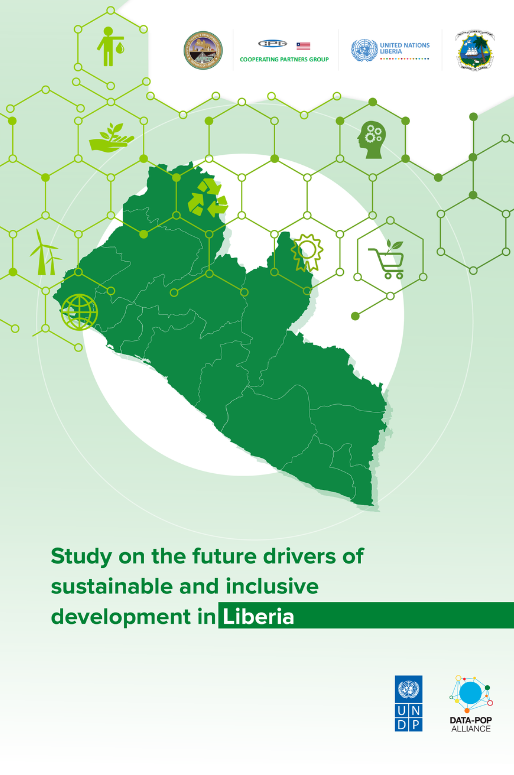

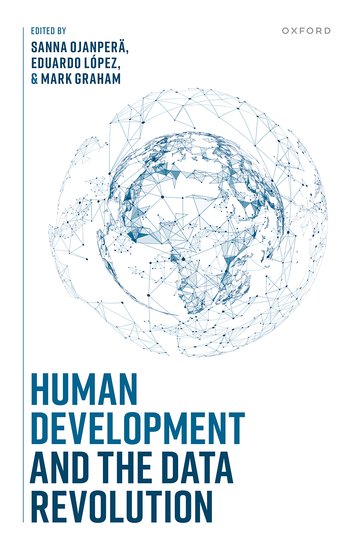
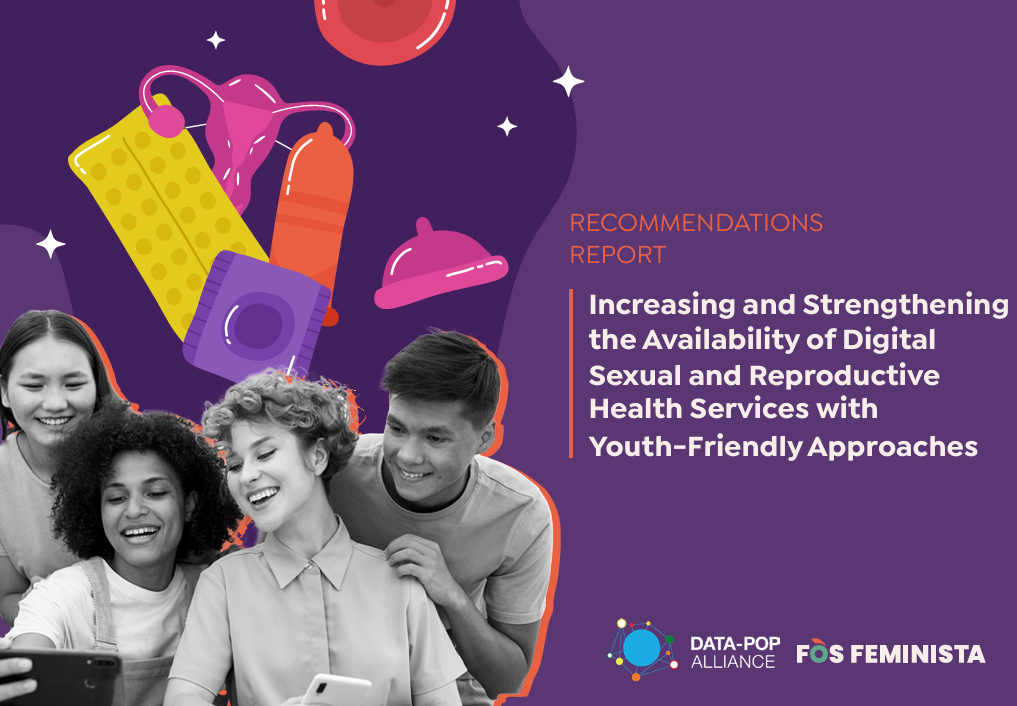
![[P124] cover Bangladesh_Report](https://datapopalliance.org/wp-content/uploads/2025/04/P124-cover-Bangladesh_Report.png)

![[WEB] Feature Blog Post](https://datapopalliance.org/wp-content/uploads/2025/02/WEB-Feature-Blog-Post-.png)

